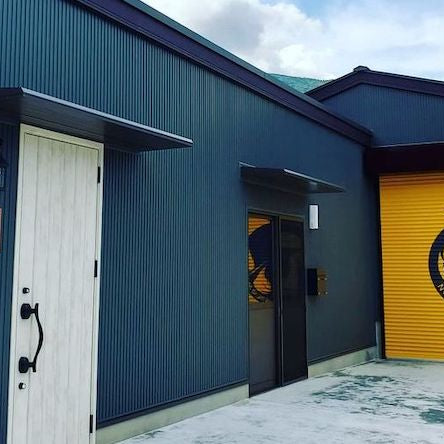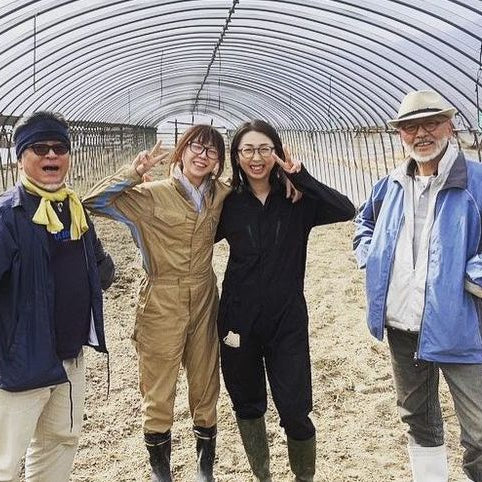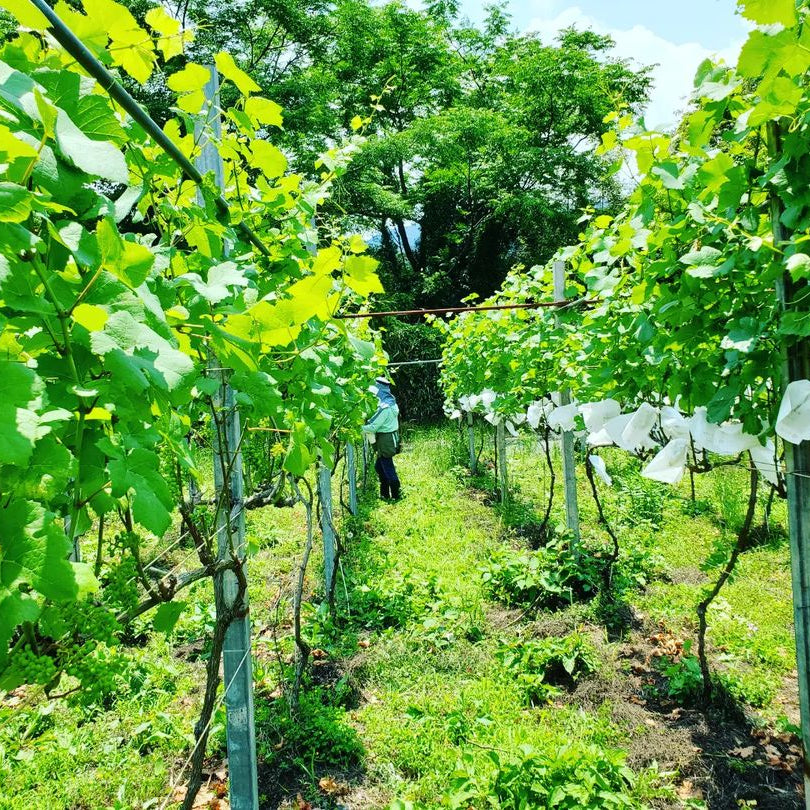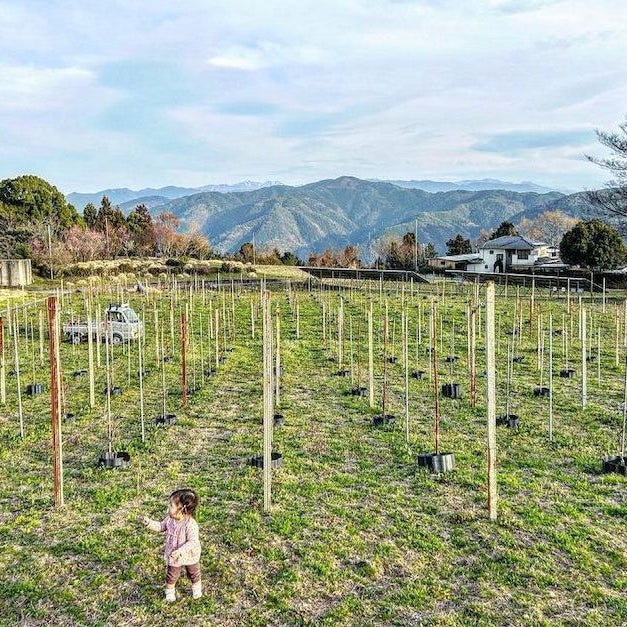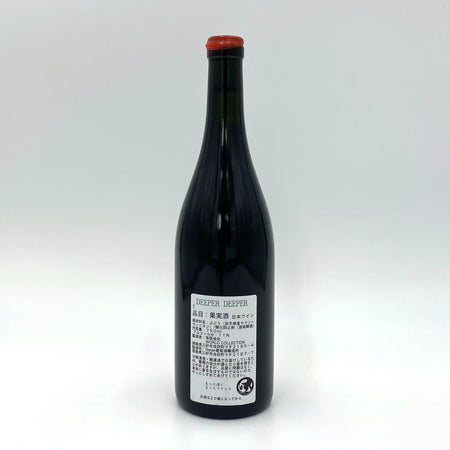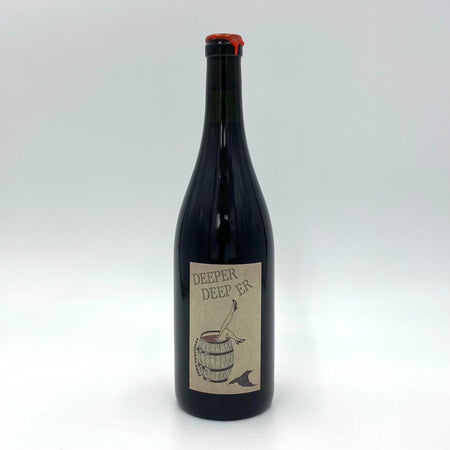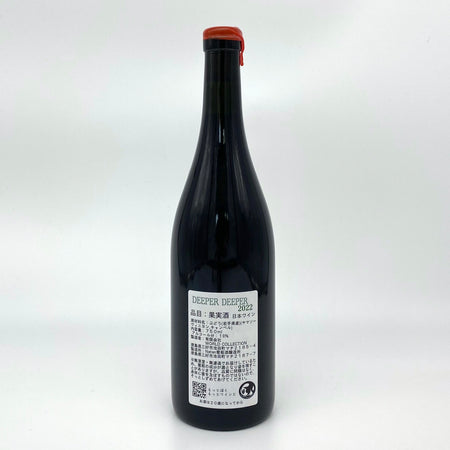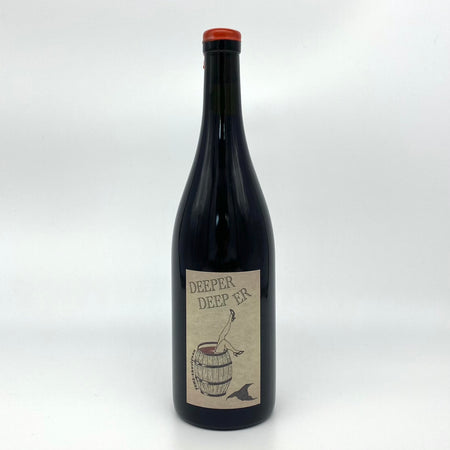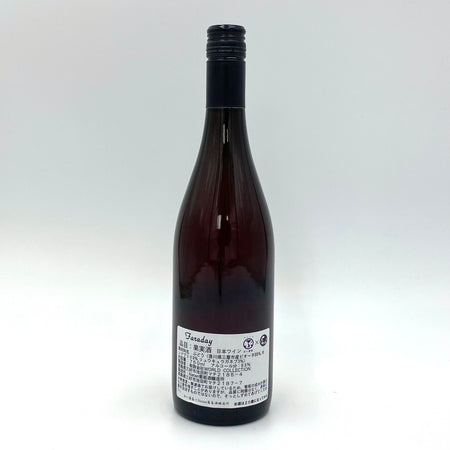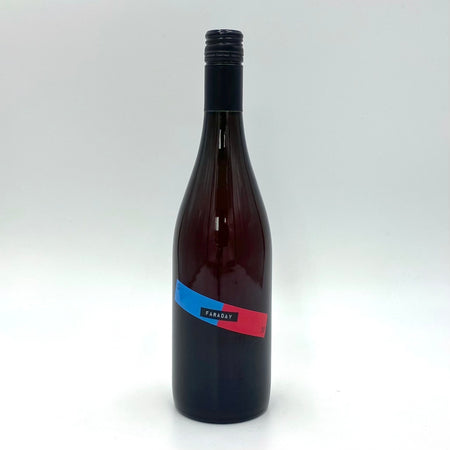Natan Winery
Miyoshi, Tokushima
People
Natan Winery is located in Miyoshi, Tokushima, in the island of Shikoku, south-west Japan. It is the first winery in Tokushima run by Ms Namika Inoshita. The name comes from the fact that Namika's children used to call her “Na-tan” and from the name of Nathan, a prophet in the Old Testament.
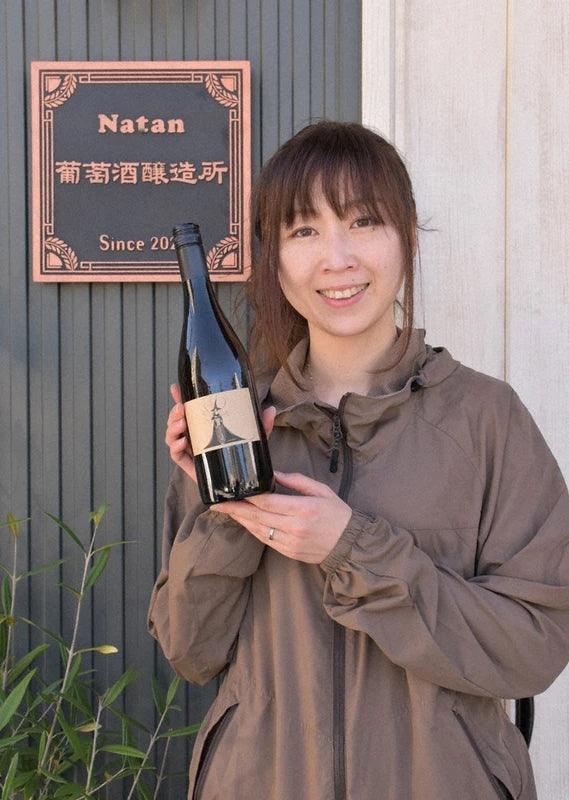
She was previously a sommelier at a wine bar in Nara. It was an encounter with Mr Sumito Iwaya, who at the time was a winemaker at Hitomi Winery in Shiga, that triggered her interest in winemaking.
“When I listened to Mr Iwaya's story and tasted the wines, I thought, ‘No matter how much I love this wine, I will never be able to compete with him in terms of passion for the wine’. I was driven by the thought that ‘A sommelier cannot step into the bond between the maker and the wine’. A passion similar to jealousy rose up in me, so much so that even when I remember it now I can vividly recall the memory of that moment. I thought intensely, ‘I want to end my life devoting everything to wine’.” (Namika)
Afterwards, she went to him to express her determination. “I want to make wine”. For some reason, she became so emotional and cried at that time. Mr Iwaya still teases her every time he sees her, saying, “Are you going to cry again?”.
She had the opportunity to work with him for just one day, using grapes brought by her. The glimpse she got of his way of thinking and treating grapes at that time still comes back to her from time to time, and she is able to find hints about winemaking. For example, when she was worried that the grapes she had brought at that time were not clean, he said, “Grapes are more beautiful than people think”. She was very impressed, saying, “It's not from a human point of view, but from the point of view of the grapes and the wine.”
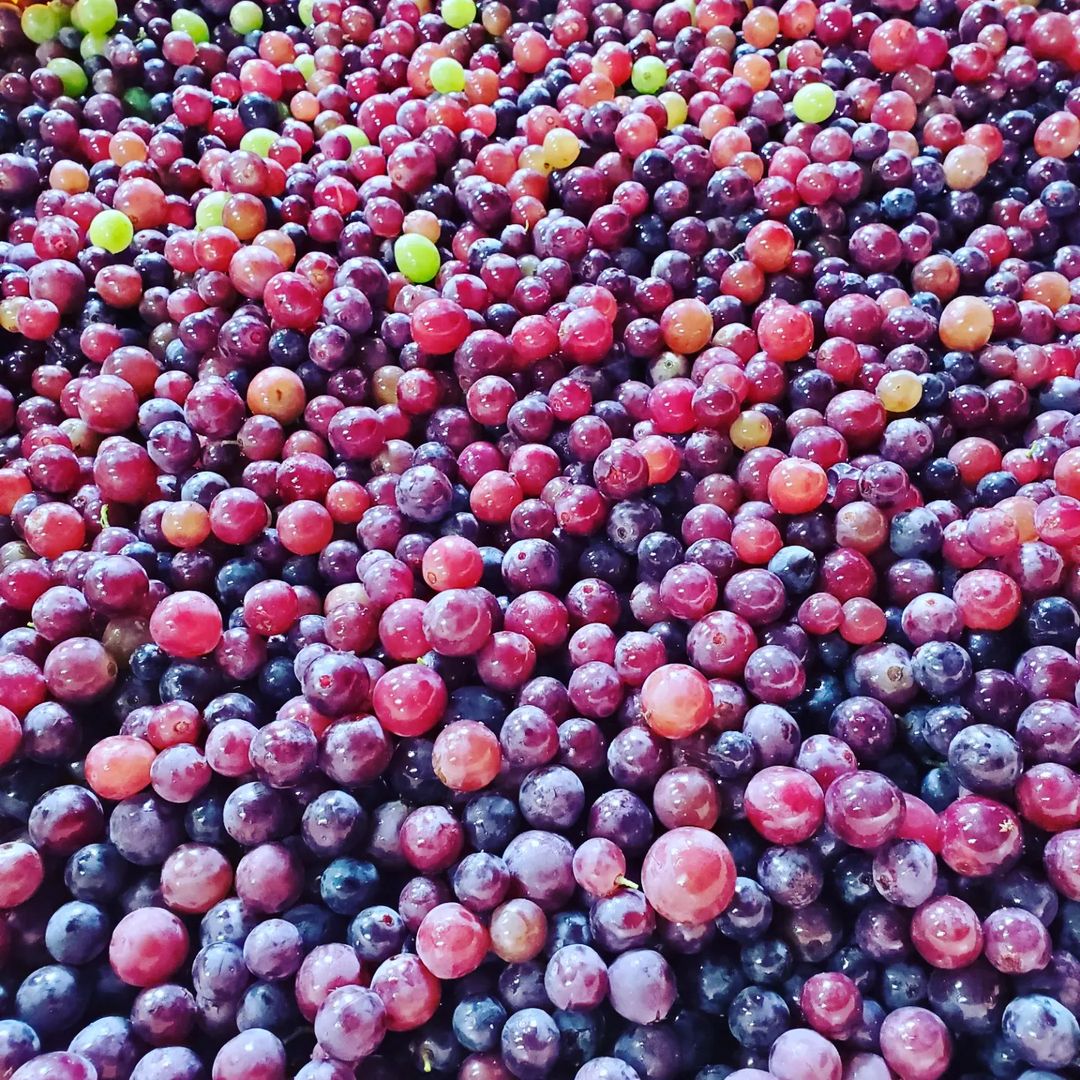
Namika wanted to learn more about grapes and wine, so she learned viticulture and winemaking at the Asuka Winery in Habikino, Osaka, for five years.
Later, winemaking began by renting facilities at the Shimanouchi Fujimaru Winery in Osaka. The staff helped her with manual de-stemming and other tasks, sometimes until 11pm, but there was basically no guidance on winemaking there, and Namika reminded herself that she had to think for herself, imagine the future and decide for herself what to do now.
“I'm really happy to have been able to work at Fujimaru Winery. If I had spent three years being taught everything about winemaking by someone else, I might have ended up imitating the person" (Namika).
Namika then moved to Tokushima and finally opened the Natan Winery in 2021, where she started growing her own grapes and making her own wine.
Together with Namika, Ms Naoko Uchida supports the winery. Originally, they were so-called 'mama friends' whose children went to the same nursery school. Eventually, Naoko began to hear about viticulture and winemaking from Namika, and she began to help out in the vineyards and with labelling. When the winery was established, Namika asked her if she would like to work with her. She was invited to join the winery.
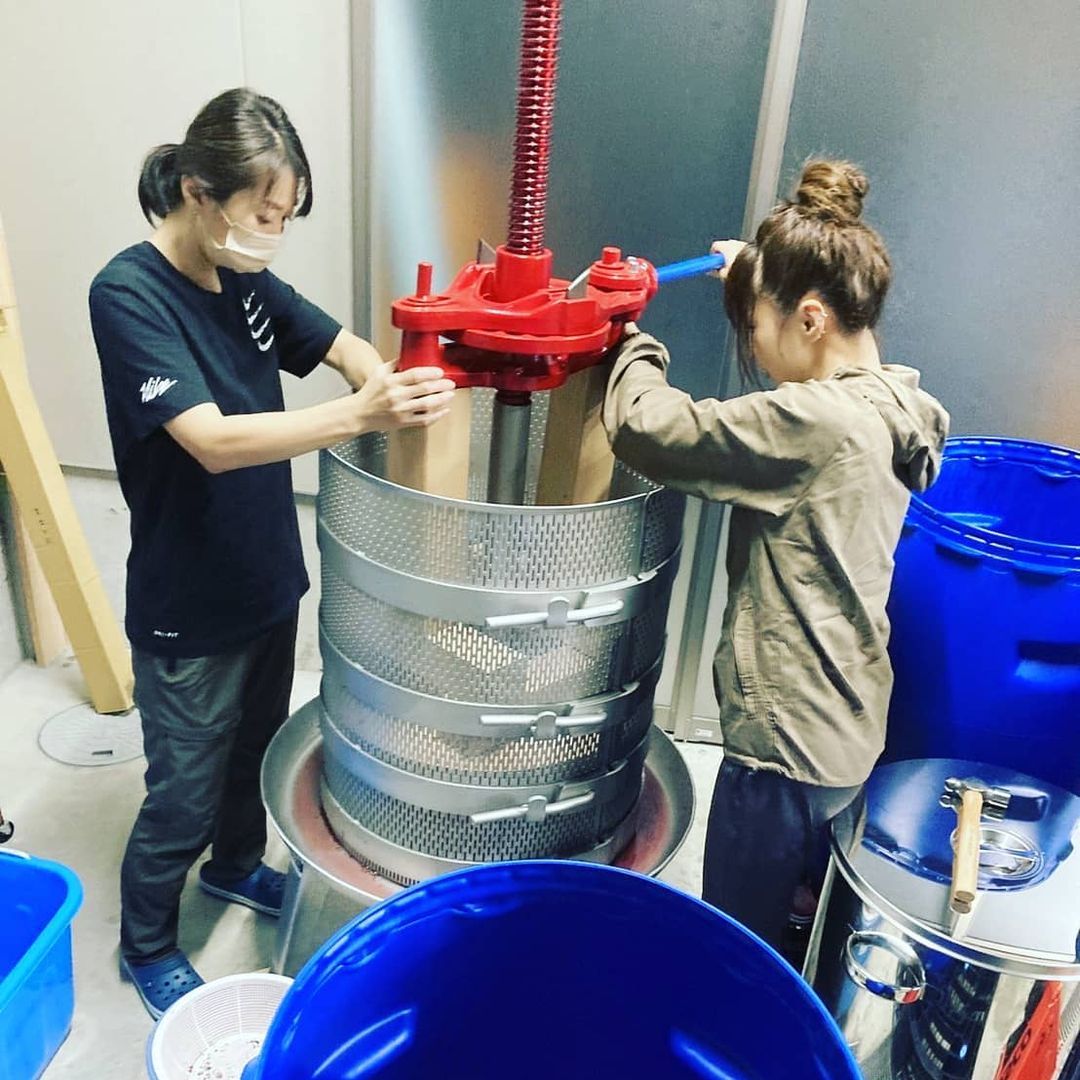
Currently, Naoko is mainly responsible for wine sales and running the wine shop next to the winery, and during the busy season, she works with Namika on taking caring the grapes, harvesting and sorting grapes, and during the vinification period, she works on everything from bringing in grapes to the winery to vinification, bottle washing and bottling.
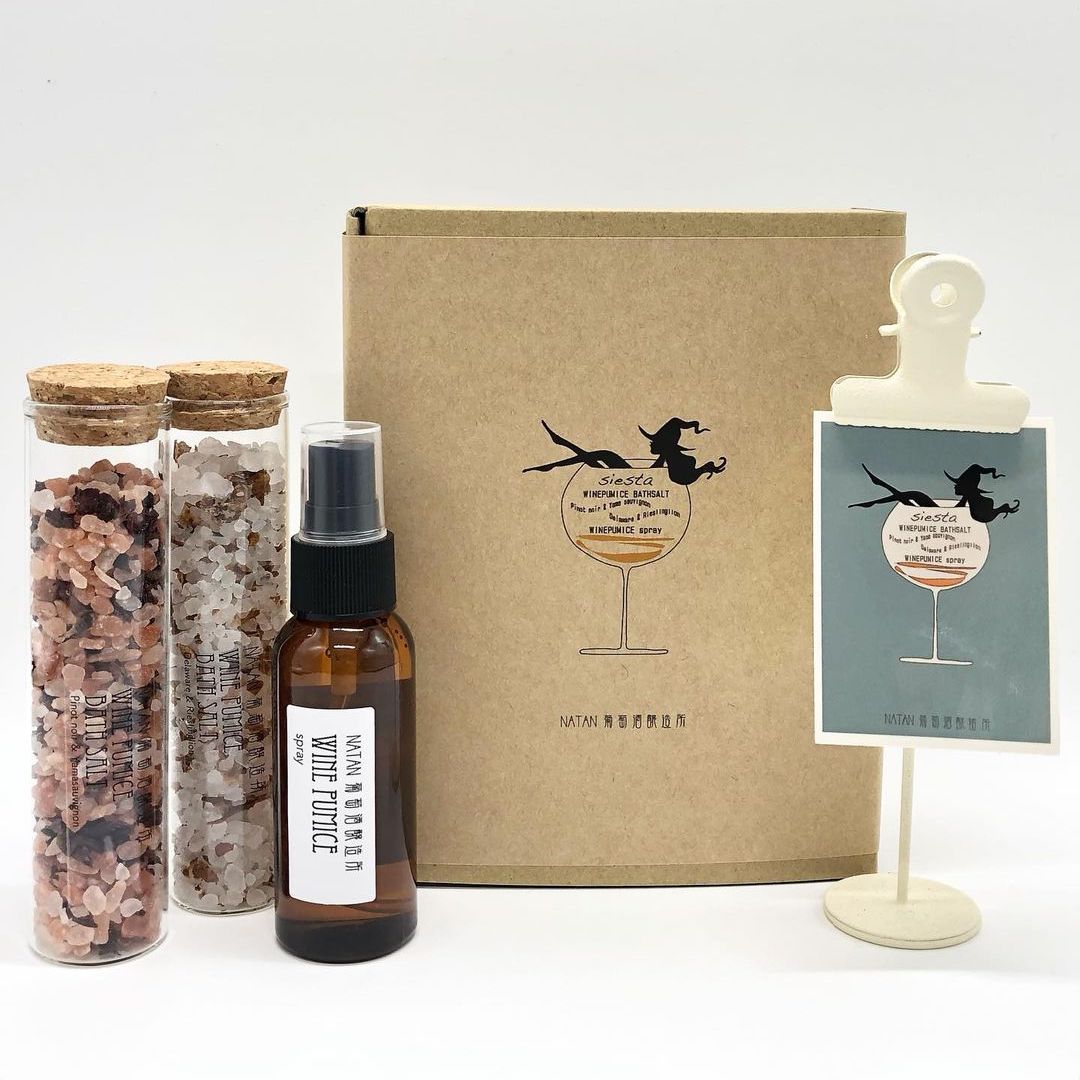
From 2022, Naoko has started developing a product called “siesta”, which utilises grape pomace generated during the winemaking process. She would like to continue to develop products that make wine more closely related to everyday life.
Namika is also a mother of five children, the youngest of whom was born in 2021. Some days she brings a pram to the winery and looks after the youngest while she works on the winemaking process.
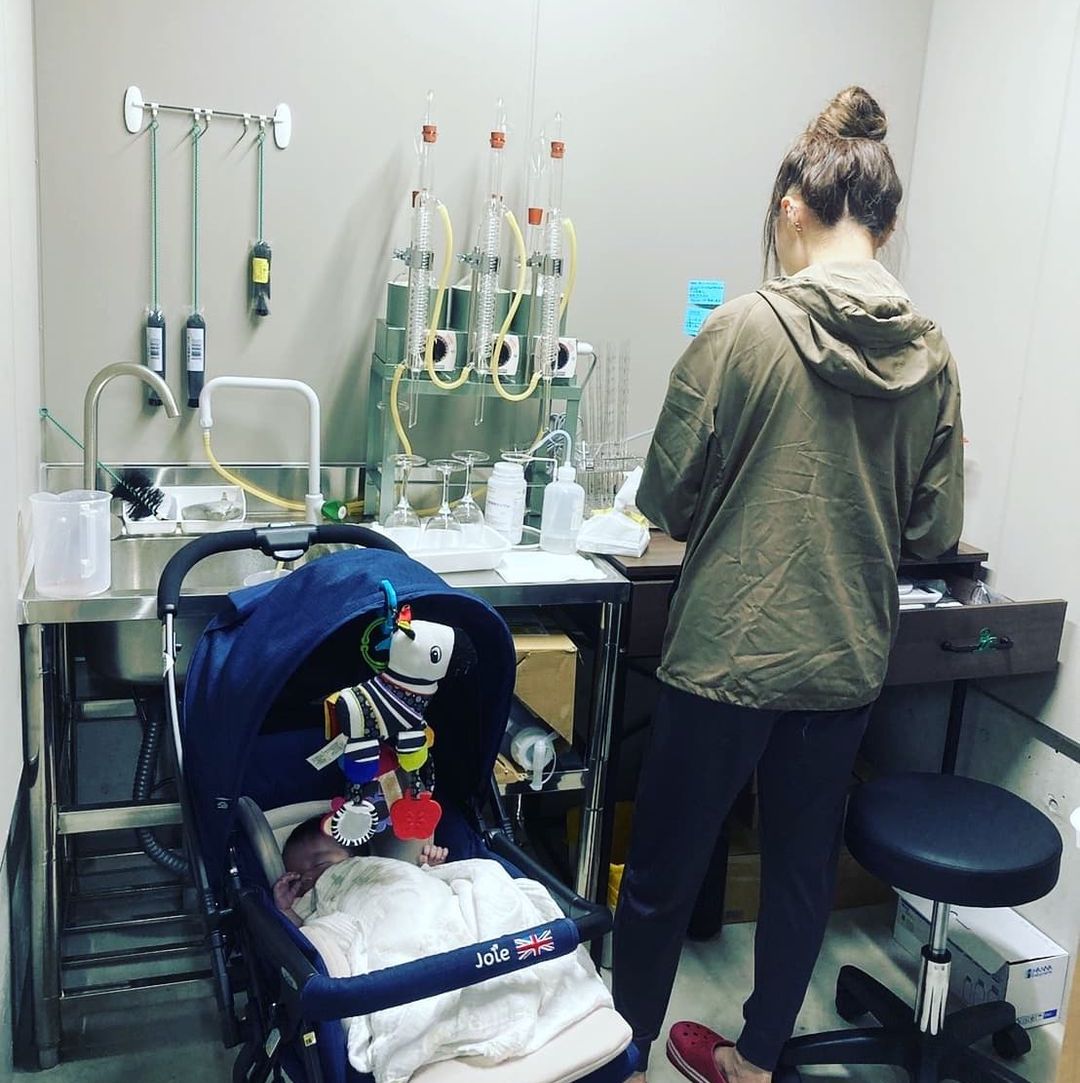
“Grapes, wine and parenting all have 'watching over and raising' in common. Not being overprotective, believing in the person, being imaginative, all have 'loving' as their foundation. However, wine is probably closer to 'lover' for me" (Namika).
Vineyard
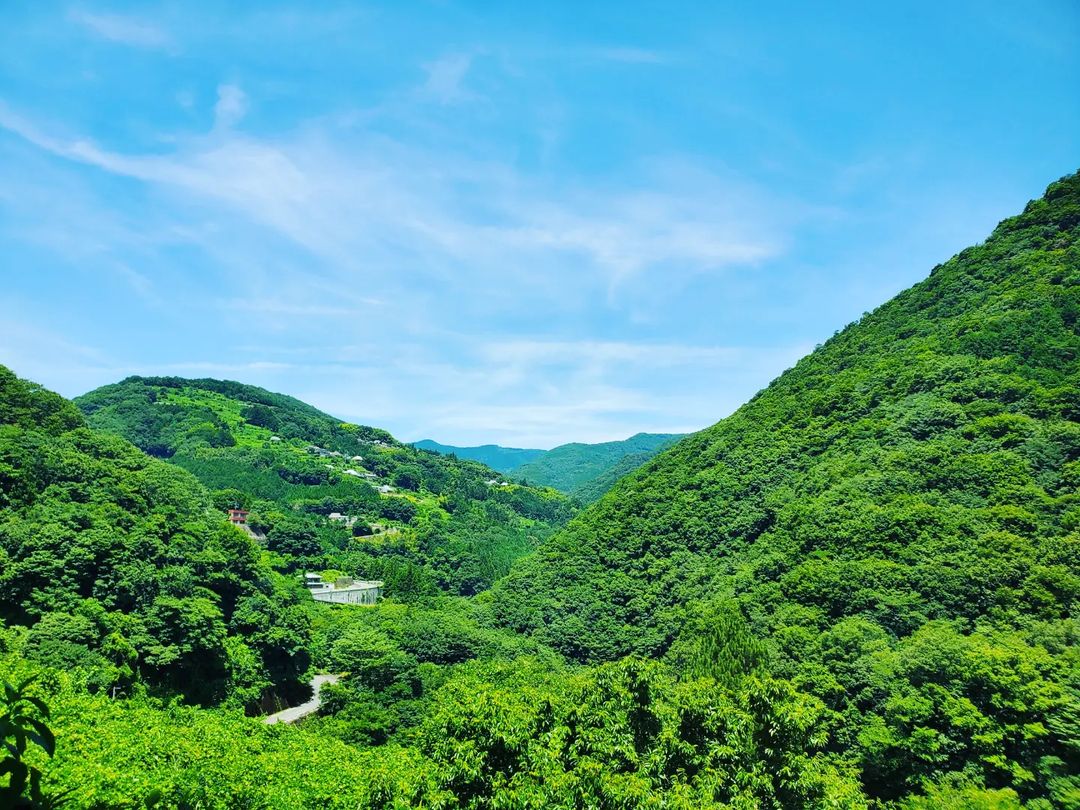
Miyoshi in Tokushima, where the Natan Winery is located, is situated almost in the middle of the island of Shikoku.
The island of Shikoku, which has 4 prefectures, has a rich variety of characteristics, such as its unique climate, the culture of Buddhist pilgrimage and the specialities of each prefecture, but sake culture is dominated and wine culture has not penetrated the region to date. However, according to Namika, the region is by no means unsuitable for viticulture and winemaking.
Miyoshi has a dry, Seto Inland Sea climate. While the average annual rainfall in Japan as a whole is about 1,700 mm, it receives about 1,200 mm. Thanks to the Shikoku mountain range, the city is not affected by typhoons at all. It also has longer hours of sunshine. A large river called the Yoshino River, which flows upstream from the west, heads eastwards, with mountains on the other side of the river.
The winery’s own vineyards are located in Ikeda and Mino Towns in the city. Both have gentle slopes with a pleasant breeze. The vineyards are on the riverside, and they also benefit from good drainage.
The winery is in the process of gradually expanding by negotiating and renting vineyards owned by neighbouring farmers. Currently, 13 different grape varieties are grown.
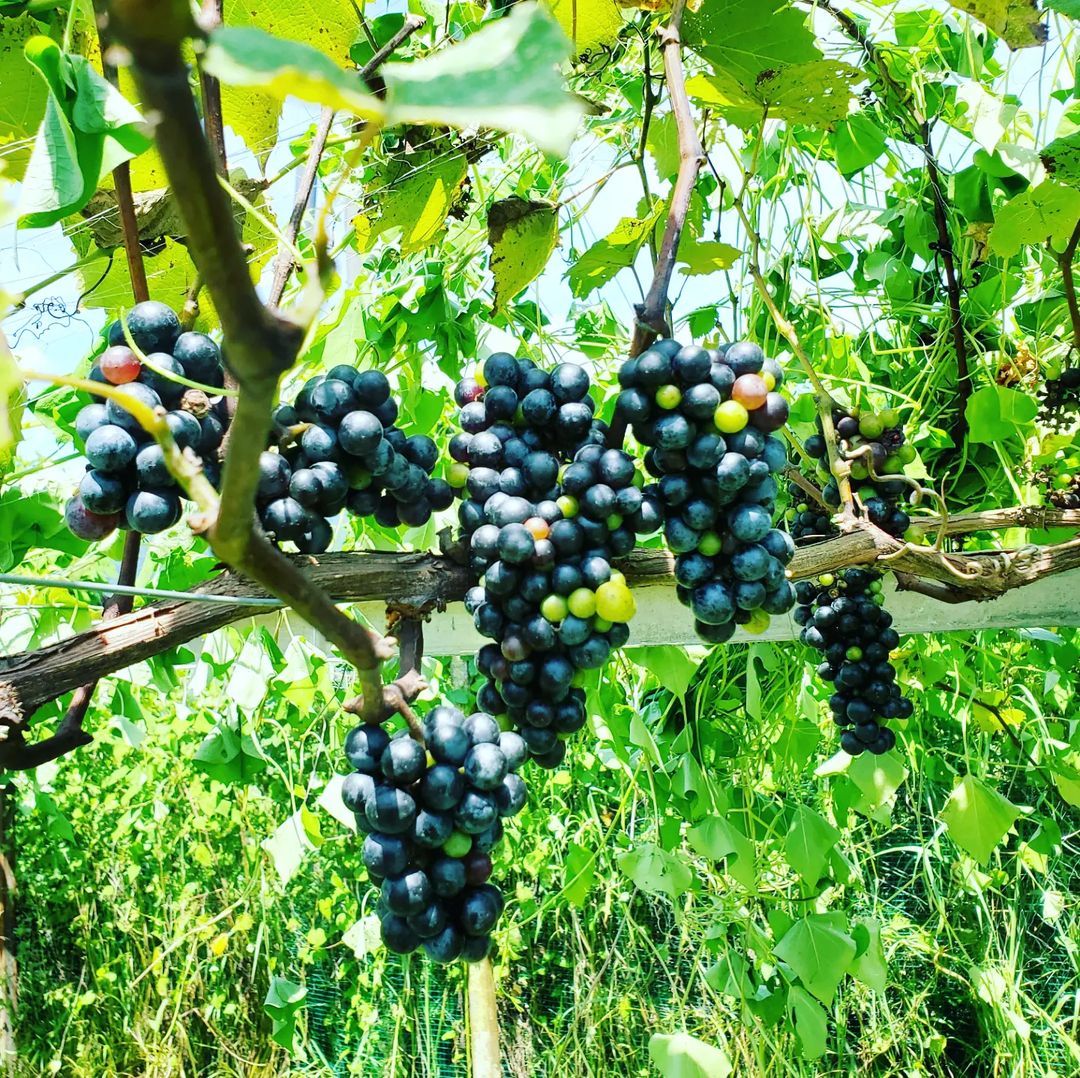
Yama Sauvignon
Pinot Noir
Riesling Lion
Gewürztraminer
Sauvignon Blanc
Kai Blanc
Delaware
Muscat Bailey A
Campbell Early
Kyoho
Monde Briler
Koshu
Syrah
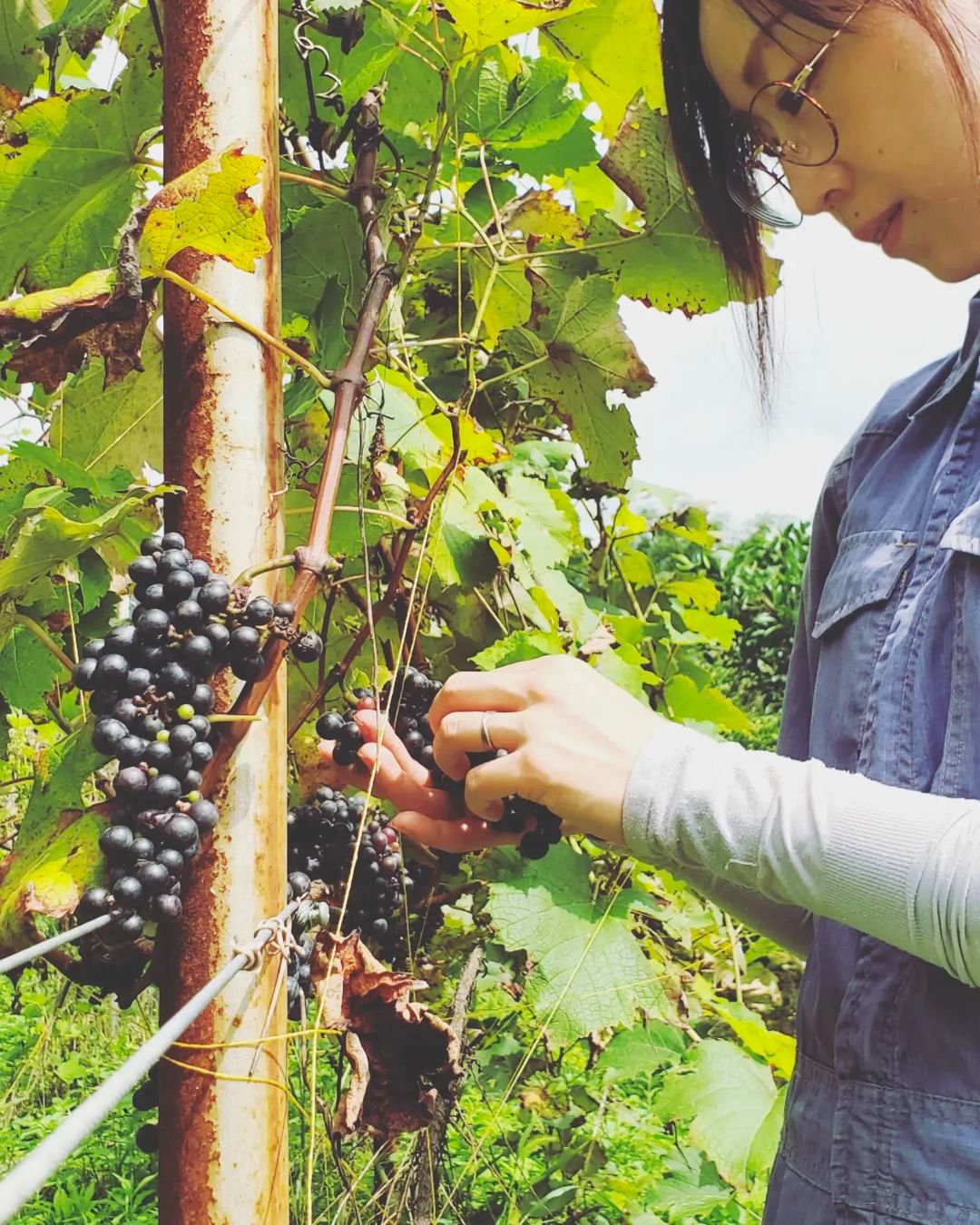
In terms of pesticides, the idea is to give the minimum amount of pesticides only when necessary.
“I let the grapes themselves feel that this region has this kind of climate, that this kind of disease is prevalent, that this kind of organisms exist. I watch over the grapes, believing that in time they will learn about these things and come to resonate with the region on their own. Even if the yield is not expected.” (Namika)
She always tries to ensure that both humans and grapes do not overwork each other, and that the 'interesting character' of the grapes is more important than the 'good taste' of the grapes.
Winemaking
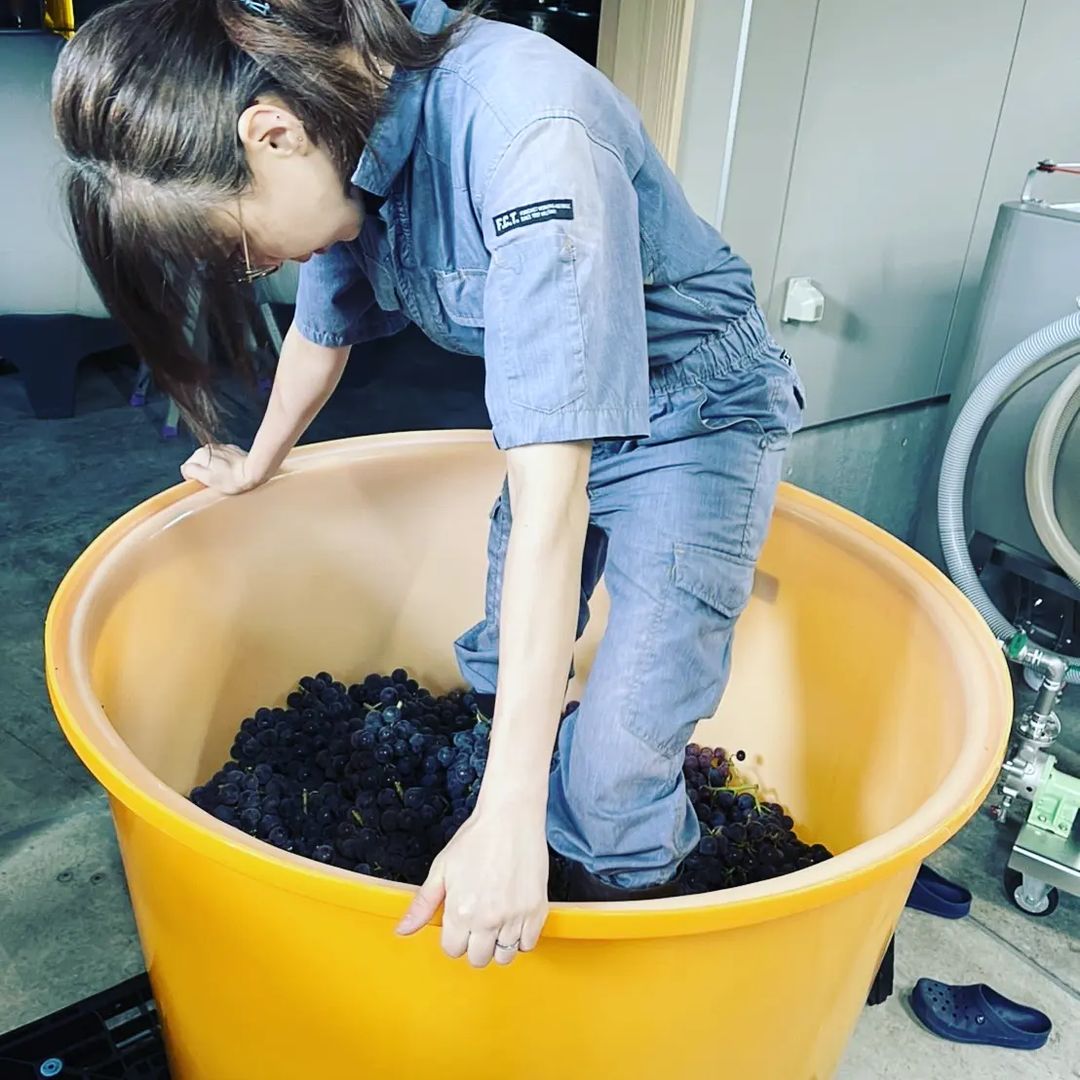
For Namika, the kind of wine she wants to express herself with is that of a wine that is 'Imperfect but appeals to individuality in an unapologetic way'. She calls them 'wines with human touch'.
“Wine is a once-in-a-lifetime experience, and even the same wine can be received differently depending on the emotion and atmosphere of the drinker. If more humanity can be added to the relationship between humans and wine, I think something more than the five senses will be created there" (Namika).
Such unique wines are easier to express with wild yeasts. The same applies to viticulture, but it is also important not to over-intervene in the vinification process.
“It's the same with parenting, but if you think too much about the other person, you can end up being self-centred. I place importance on 'trusting'." (Namika)
Finally, she says of the appeal of Japanese wine.
“I find Japanese wines gentle. I believe that the Japanese have a unique, delicate, craftsman-like attitude, which is reflected in Japanese wines, from viticulture to winemaking. Although I am a bit worried about whether our wines will be enjoyed by people outside Japan, I hope they will be able to imagine Japanese food and culture as they encounter them." (Namika)

